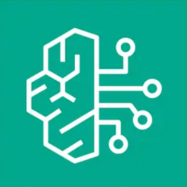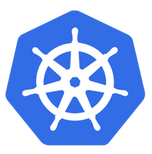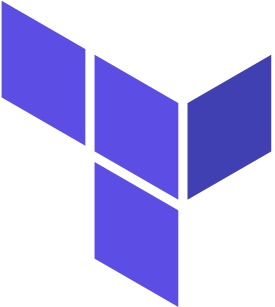Kubernetes, often abbreviated as K8s, is a powerful open-source system designed to automate the deployment, scalability, and management of containerized applications.
Originally created by Google and later donated to the Cloud Native Computing Foundation (CNCF), Kubernetes provides a robust and flexible environment for orchestrating and managing containers at scale.
With a declarative approach to resource management, Kubernetes allows developers to define the desired state of their applications and delegate to Kubernetes the task of maintaining that state, enabling efficient management of distributed applications across a server cluster. Thanks to its modular architecture and numerous built-in features, Kubernetes has quickly become one of the most widespread and fundamental tools in the ecosystem of containerization and cloud-native application development.

























